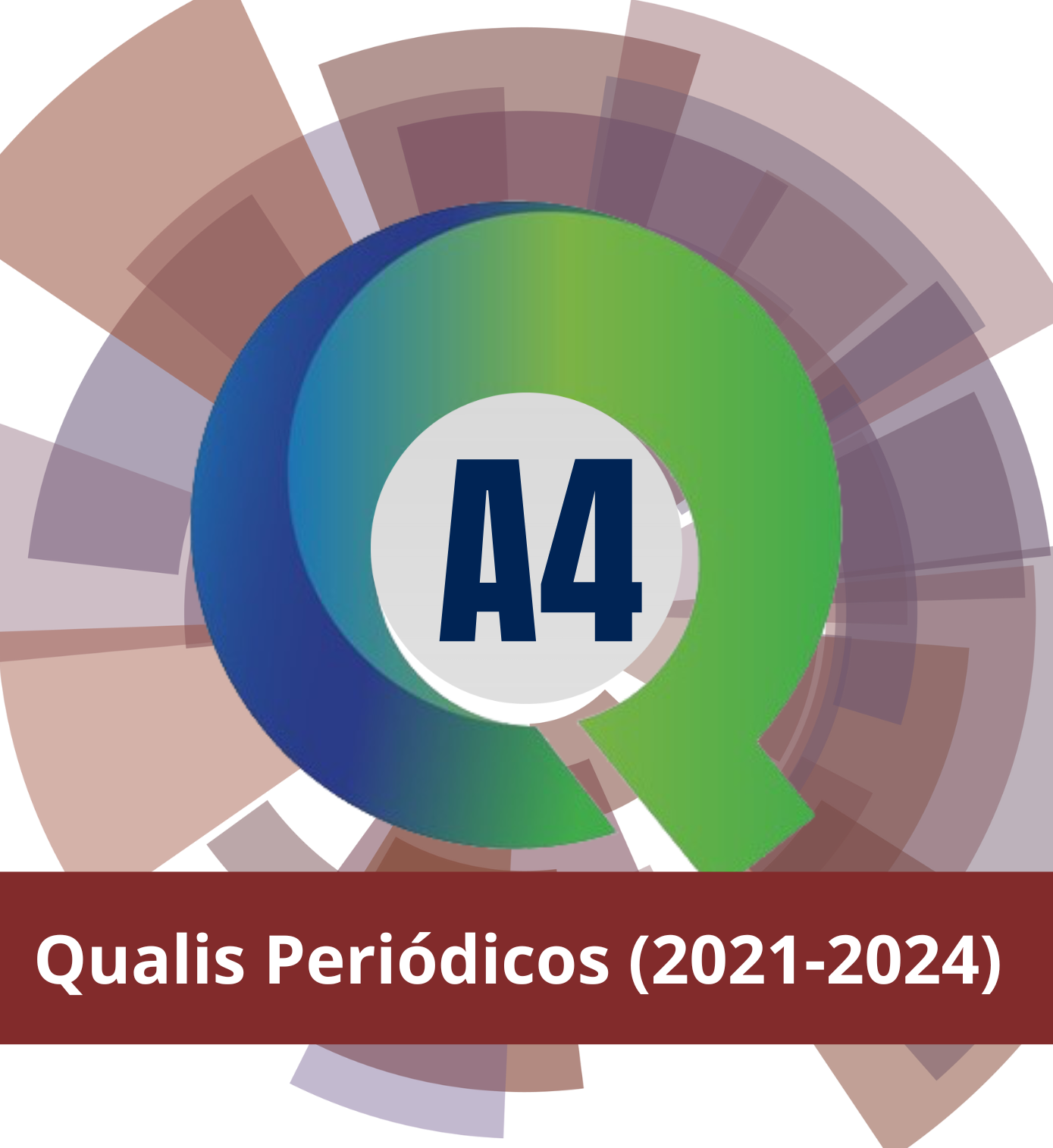Lessons Learned on Family Farm and the Land Access: Dilemmas Faced by Organic Producers
DOI:
https://doi.org/10.25059/2527-2594/retratosdeassentamentos/2009.v12i1.51Keywords:
Produtos Orgânicos, Certificação, Associativismo, Políticas PúblicasAbstract
The broad objective of this research was to understand the difficulties
experienced by organic family-producers of Associação Comunitária Rural Alvorada (ACRA), located in Americana town, in the commercialization of their products including issues regarding the certification and labelling process as: (a) the validity of products' certification; (b) the appropriate organic regulatory body; and (c) the profitability achieved by working independently when selling their farm origin products direct to consumers and at local market, comparing this practice with several profiteers and retailers, aiming better families' income. It was held a primary research on certified organic products market in both Americana and Piracicaba towns and region, which showed the main commercialization paths, the identification of potential niche markets, and
consumers' willingness to pay better prices for these products. A data-collecting
was fulfilled with the consumers' profile from both towns, through the application of a questionnaire in outlets / retailers, supermarkets, and also within the ACRA surrounding regions. Retailers from such towns were interviewed with the purpose to identify point-of-sales interested in organic products compatible with the producers' profile investigated in the work. Data were matched up in a way that we were able to examine the difficulties faced by the small organic familyfarmers to marketing their products in the region of Americana and Piracicaba. Also it was useful to give context to the discussion about the boundaries on access land and the food production activity as income generator and recognition of the citizenship. This study concludes that the greatest problem of the small organic food production is the access to the market, since the efforts to obtain the certification, access supply and distribution chains, and maintain this position are the producers' major challenge.
Keywords: Organic Products; Certification; Associativism; Public Policies.
References
BLANCO, E.S. O turismo rural em áreas de agricultura familiar: as "novas
ruralidades" e a sustentabilidade do desenvolvimento local. Caderno Virtual de Turismo, Rio de Janeiro, v.4, n.3, 2004.
DAROLT, M.R. A Sustentabilidade do Sistema de Agricultura Orgânica: um
estudo da região metropolitana de Curitiba. Curitiba: UFPR/IAPAR, 2000.
FONSECA, M.F.A.C. A Certificação de Alimentos Orgânicos no Brasil. Rio
de Janeiro: PESAGRO-RIO, 2001.
SILVA, J.P. As possíveis contribuições do turismo rural no combate ao êxodo rural. Revista Turismo, 2005.
VASCONCELOS, G.B. Certificação na Agricultura Orgânica:
Downloads
Published
How to Cite
Issue
Section
License
O(s) autor(es) autoriza(m) a publicação do artigo na revista;
• O(s) autor(es) garante(m) que a contribuição é original e inédita e que não está em processo de avaliação em outra(s) revista(s);
• A revista não se responsabiliza pelas opiniões, ideias e conceitos emitidos nos textos, por serem de inteira responsabilidade de seu(s) autor(es);
• É reservado aos editores o direito de proceder ajustes textuais e de adequação do artigo às normas da publicação.
Autores mantêm os direitos autorais e concedem à revista o direito de primeira publicação, com o trabalho simultaneamente licenciado sob a Licença Creative Commons Attribution, que permite o compartilhamento do trabalho com reconhecimento da autoria e publicação inicial nesta revista.
Autores têm autorização para assumir contratos adicionais separadamente, para distribuição não exclusiva da versão do trabalho publicada nesta revista (ex.: publicar em repositório institucional ou como capítulo de livro), com reconhecimento de autoria e publicação inicial nesta revista.
Autores têm permissão e são estimulados a publicar e distribuir seu trabalho online (ex.: em repositórios institucionais ou na sua página pessoal) a qualquer ponto antes ou durante o processo editorial, já que isso pode gerar alterações produtivas, bem como aumentar o impacto e a citação do trabalho publicado (Veja O Efeito do Acesso Livre) em http://opcit.eprints.org/oacitation-biblio.html















